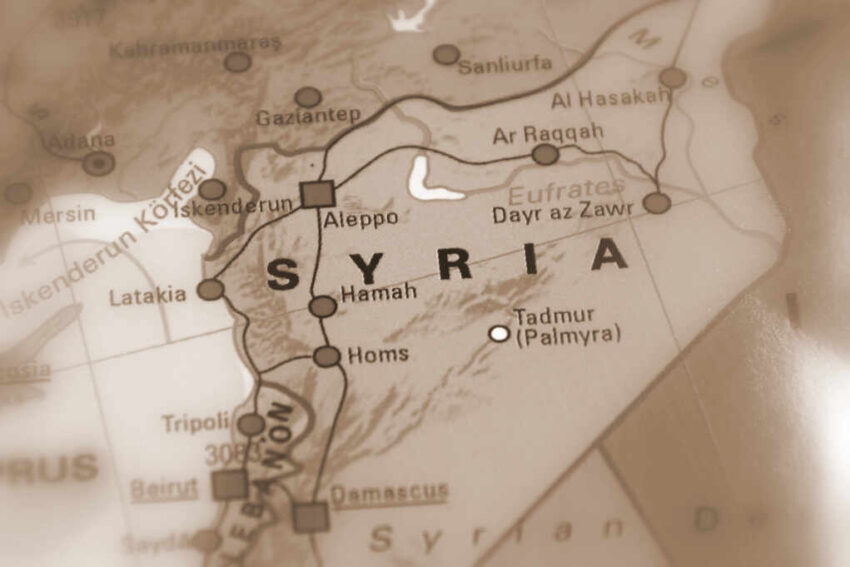The Druze rebel group and Bedouin militias clashed violently in southern Syria, resulting in multiple casualties and escalating fears of widespread tribal conflict.
At a Glance
- Clashes broke out between Druze rebels and Bedouin militias in southern Syria’s Sweida region.
- At least four people were killed during the fighting, with dozens wounded.
- The conflict centers on control over land and local authority in desert villages.
- The Syrian government has limited influence in the area, complicating peace efforts.
- Recent tribal disputes have intensified sectarian tensions in the region.
Blood Feud Ignites in Syria’s Desert Villages
Violent confrontations erupted between Druze fighters and Bedouin militias in Syria’s Sweida province, marking a dangerous new phase in long-standing tribal rivalries. The fighting broke out over disputed territory and resources in desert villages, where control remains fragmented amid Syria’s broader conflict. At least four people were killed and dozens more wounded as the two sides exchanged gunfire in a series of rapid, deadly skirmishes.
The Druze community, a distinct religious minority with a strong local presence, has increasingly clashed with Bedouin tribes who claim traditional grazing and hunting grounds. These disputes are fueled by decades of shifting alliances and economic hardship worsened by the Syrian civil war. The limited reach of Damascus’s central government has allowed militias to assert growing autonomy, often settling scores through violent means.
Watch a report: Syria’s Sweida Region Faces Rising Tribal Wars
The Druze fighters in Sweida have established local councils and militias to defend their interests, while Bedouin groups, traditionally nomadic, have hardened their stance to protect their territorial claims. This breakdown of social order risks dragging the region into a wider tribal conflict that could destabilize southern Syria further.
Escalation Amid Syrian Power Vacuum
The Syrian government’s weak presence in the Sweida region has left a dangerous power vacuum exploited by tribal militias. These groups often control checkpoints, markets, and local governance, increasing tensions with rival factions. Experts warn that the escalating violence could provoke more widespread clashes as tribal loyalties harden and competition over scarce resources intensifies.
International observers note that these tribal feuds complicate any prospects for peace in southern Syria, where diverse ethnic and religious groups intersect. The Druze minority, who have historically maintained a delicate neutrality, now face increasing pressure to assert control amid the chaos. Meanwhile, Bedouin militias leverage their knowledge of the harsh desert terrain to maintain influence over critical trade routes and grazing lands.
The clashes underscore Syria’s ongoing fragmentation, where localized conflicts persist outside formal battle lines. According to the Syrian Observatory for Human Rights, tribal violence accounts for a rising share of civilian casualties, underscoring the crisis’s complexity beyond the conventional civil war frontlines. For more background on tribal dynamics, see the International Crisis Group’s Syria report.
What Lies Ahead for Syria’s Fractured South?
With the conflict deepening, regional analysts warn that the Druze-Bedouin feud could spread beyond isolated villages, drawing in neighboring communities and militia coalitions. The struggle over land rights and political influence in Sweida reflects broader fragmentation threatening to unravel any remaining stability in southern Syria.
Efforts to mediate between the groups remain fragile as the government struggles to reassert control. Meanwhile, humanitarian conditions worsen as violence disrupts farming and trade, putting more civilians at risk. The United Nations has expressed concern over the rising tribal violence and urged for urgent conflict resolution mechanisms.
The growing militia autonomy and local power struggles in southern Syria highlight the war’s long tail, where old grievances fuel new cycles of bloodshed. Unless external actors intervene to support reconciliation and governance, the region faces an uncertain future marked by ongoing tribal warfare.
Click this link for the original source of this article.
Author: Editor
This content is courtesy of, and owned and copyrighted by, https://thecongressionalinsider.com and its author. This content is made available by use of the public RSS feed offered by the host site and is used for educational purposes only. If you are the author or represent the host site and would like this content removed now and in the future, please contact USSANews.com using the email address in the Contact page found in the website menu.








